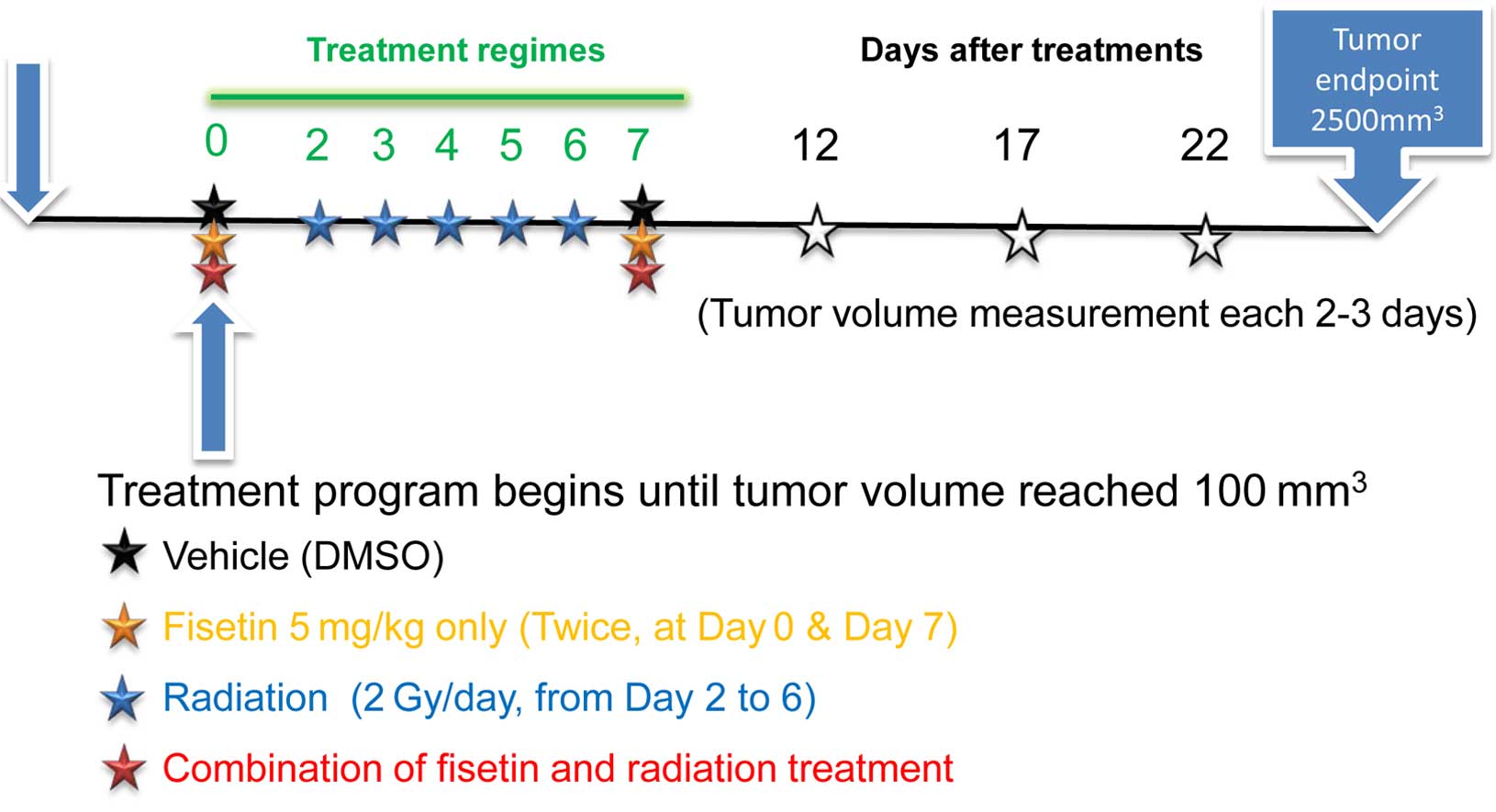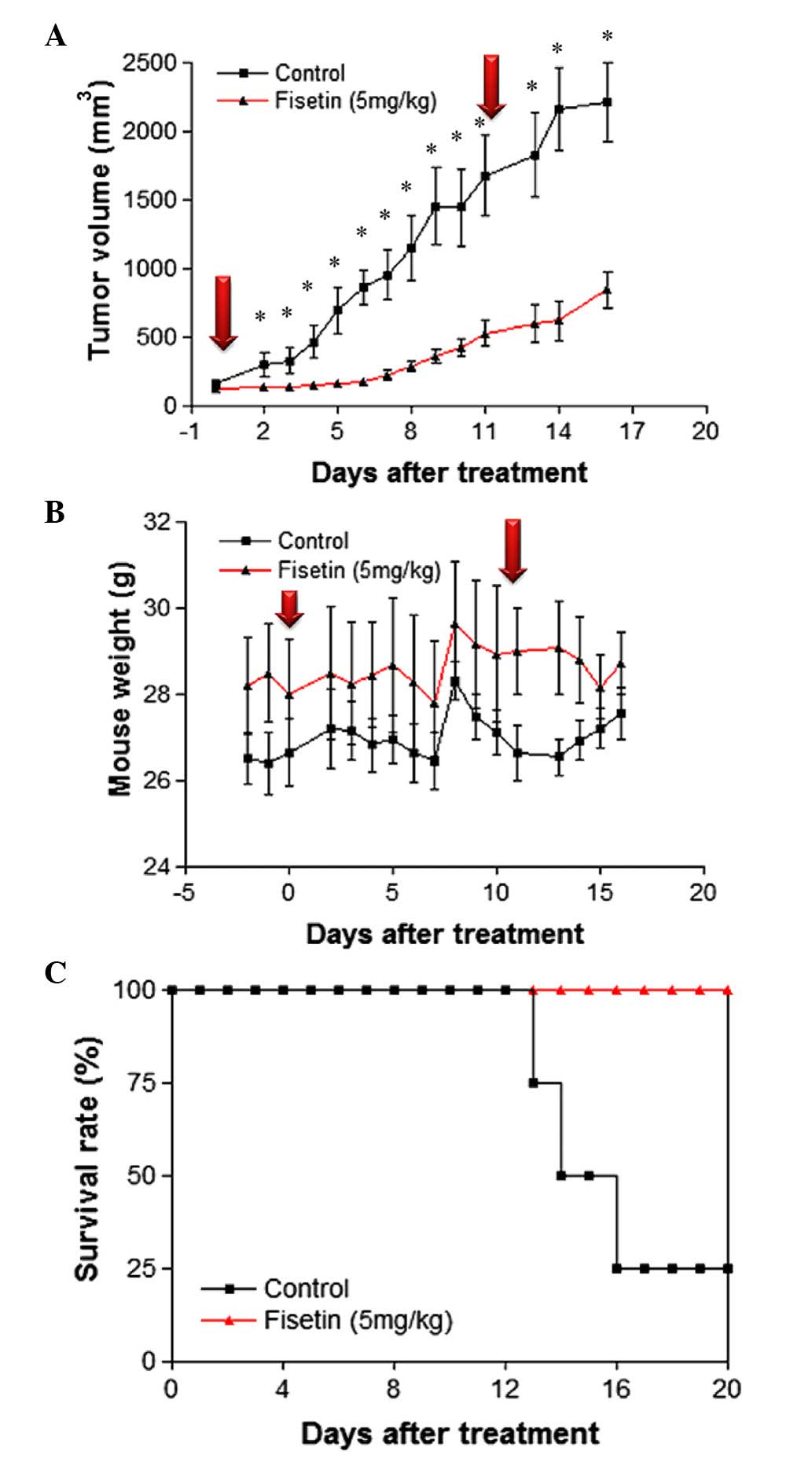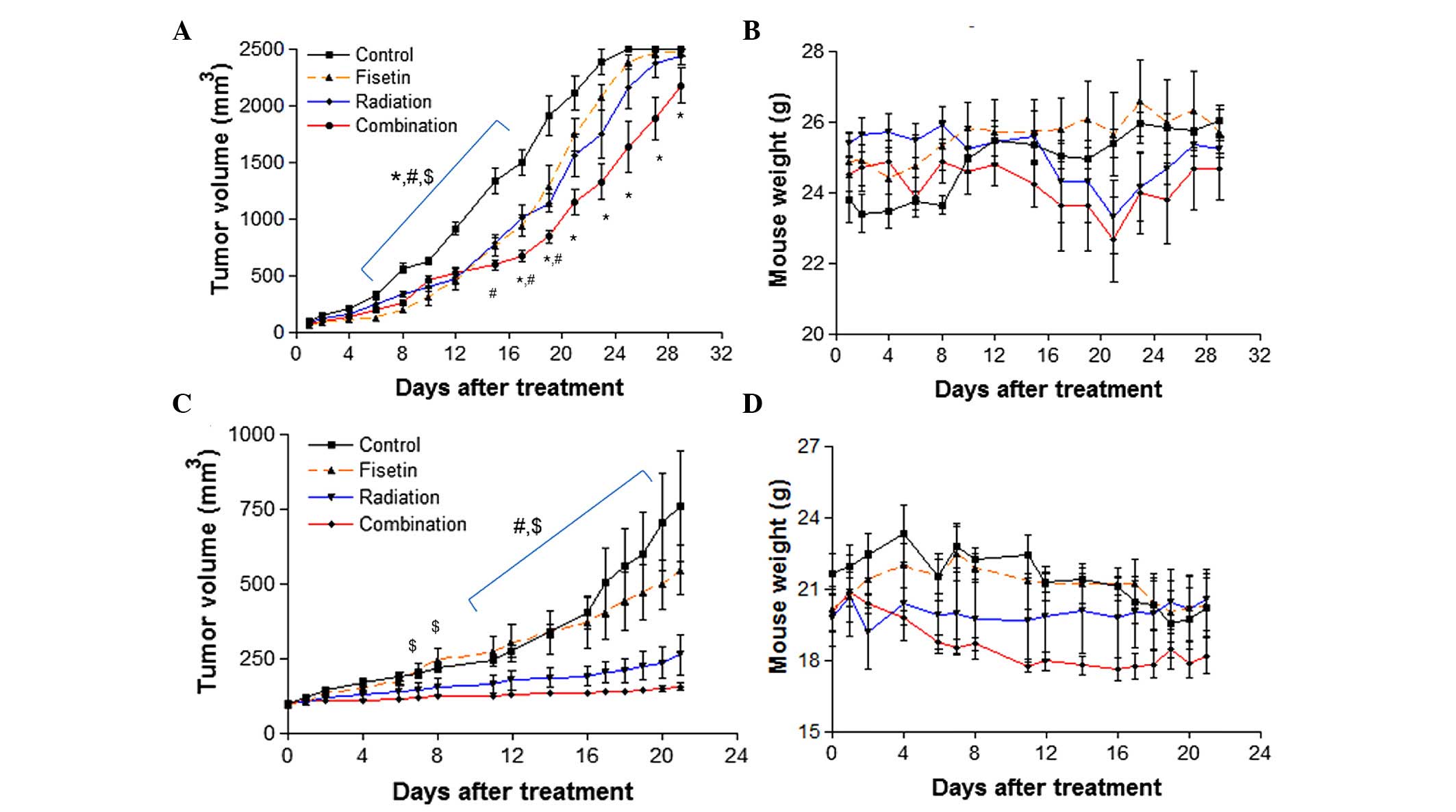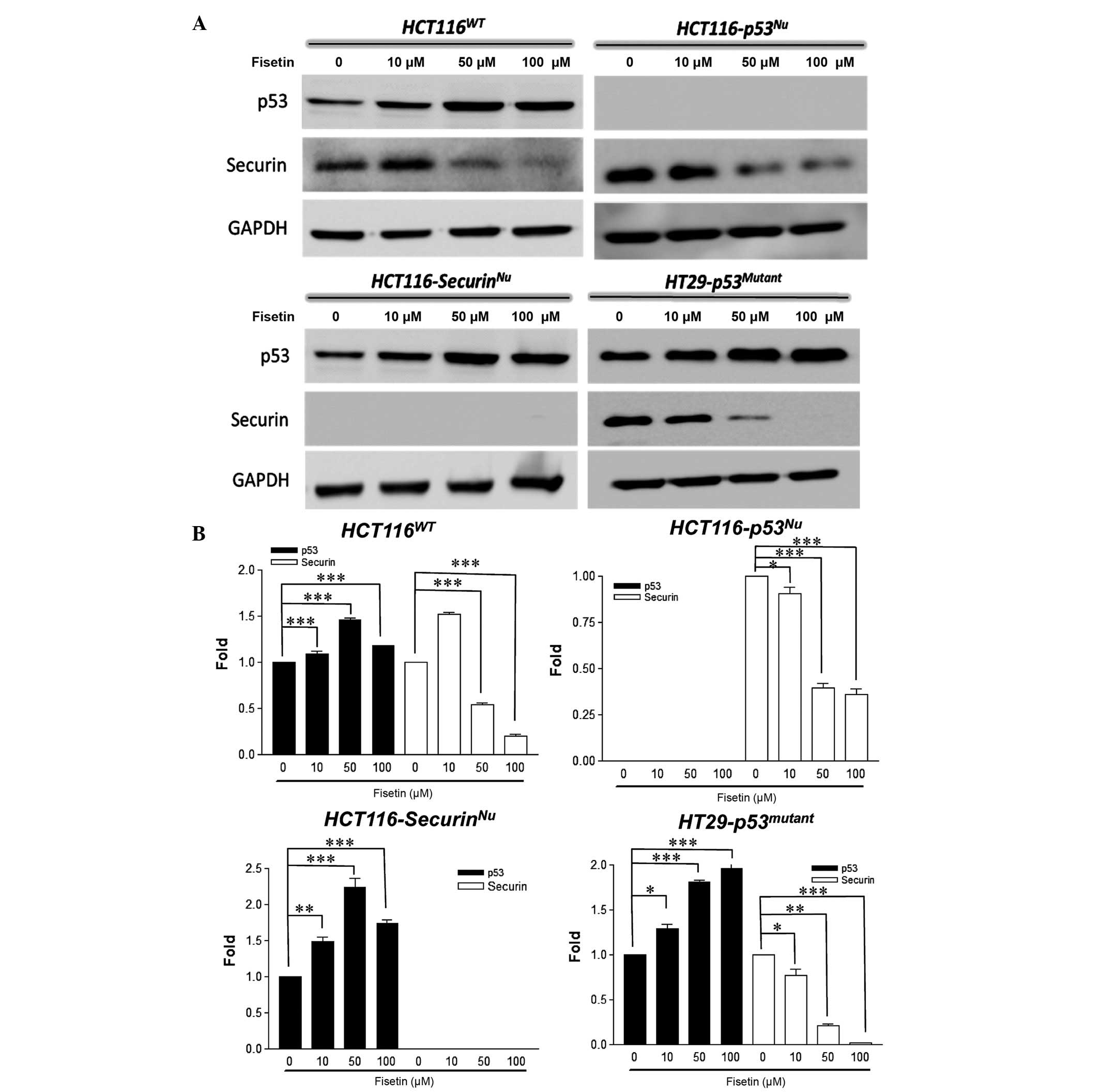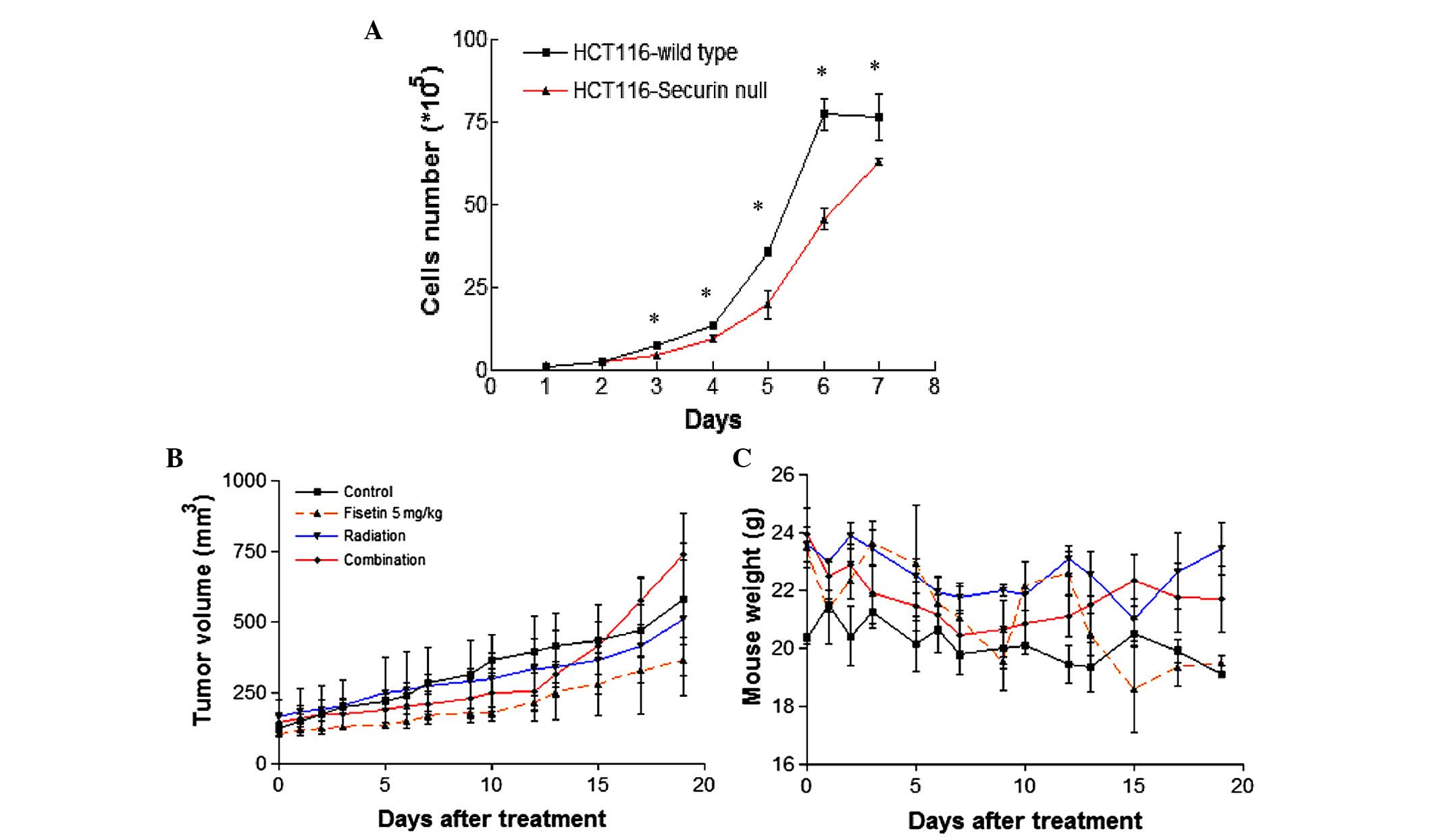|
1
|
Siegel R, Desantis C and Jemal A:
Colorectal cancer statistics, 2014. CA Cancer J Clin. 64:104–117.
2014. View Article : Google Scholar : PubMed/NCBI
|
|
2
|
Davies NJ, Batehup L and Thomas R: The
role of diet and physical activity in breast, colorectal, and
prostate cancer survivorship: A review of the literature. Br J
Cancer. 105:(Suppl 1). S52–S73. 2011. View Article : Google Scholar : PubMed/NCBI
|
|
3
|
Doll R and Peto R: The causes of cancer:
Quantitative estimates of avoidable risks of cancer in the United
States today. J Natl Cancer Inst. 66:1191–1308. 1981.PubMed/NCBI
|
|
4
|
Lin J, Zhang SM, Cook NR, Rexrode KM, Liu
S, Manson JE, Lee IM and Buring JE: Dietary intakes of fruit,
vegetables, and fiber, and risk of colorectal cancer in a
prospective cohort of women (United States). Cancer Causes Control.
16:225–233. 2005. View Article : Google Scholar : PubMed/NCBI
|
|
5
|
Hamaya Y, Guarinos C, Tseng-Rogenski SS,
Iwaizumi M, Das R, Jover R, Castells A, Llor X, Andreu M and
Carethers JM: Efficacy of Adjuvant 5-Fluorouracil Therapy for
Patients with EMAST-Positive Stage II/III Colorectal Cancer. PLoS
One. 10:e01275912015. View Article : Google Scholar : PubMed/NCBI
|
|
6
|
Saltz LB and Minsky B: Adjuvant therapy of
cancers of the colon and rectum. Surg Clin North Am. 82:1035–1058.
2002. View Article : Google Scholar : PubMed/NCBI
|
|
7
|
Allal AS, Kähne T, Reverdin AK, Lippert H,
Schlegel W and Reymond MA: Radioresistance-related proteins in
rectal cancer. Proteomics. 4:2261–2269. 2004. View Article : Google Scholar : PubMed/NCBI
|
|
8
|
Ma W, Yu J, Qi X, Liang L, Zhang Y and
Ding Y, Lin X, Li G and Ding Y: Radiation-induced microRNA-622
causes radioresistance in colorectal cancer cells by
down-regulating Rb. Oncotarget. 6:15984–15994. 2015. View Article : Google Scholar : PubMed/NCBI
|
|
9
|
Lock K, Pomerleau J, Causer L, Altmann DR
and McKee M: The global burden of disease attributable to low
consumption of fruit and vegetables: Implications for the global
strategy on diet. Bull World Health Organ. 83:100–108.
2005.PubMed/NCBI
|
|
10
|
Martinez-Perez C, Ward C, Cook G, Mullen
P, McPhail D, Harrison DJ and Langdon SP: Novel flavonoids as
anti-cancer agents: Mechanisms of action and promise for their
potential application in breast cancer. Biochem Soc Trans.
42:1017–1023. 2014. View Article : Google Scholar : PubMed/NCBI
|
|
11
|
Orlikova B, Menezes JC, Ji S, Kamat SP,
Cavaleiro JA and Diederich M: Methylenedioxy flavonoids: Assessment
of cytotoxic and anti-cancer potential in human leukemia cells. Eur
J Med Chem. 84:173–180. 2014. View Article : Google Scholar : PubMed/NCBI
|
|
12
|
Imai M, Kikuchi H, Denda T, Ohyama K,
Hirobe C and Toyoda H: Cytotoxic effects of flavonoids against a
human colon cancer derived cell line, COLO 201: A potential natural
anti-cancer substance. Cancer Lett. 276:74–80. 2009. View Article : Google Scholar : PubMed/NCBI
|
|
13
|
Lu X, Jung JI, Cho HJ, Lim DY, Lee HS,
Chun HS, Kwon DY and Park JH: Fisetin inhibits the activities of
cyclin-dependent kinases leading to cell cycle arrest in HT-29
human colon cancer cells. J Nutr. 135:2884–2890. 2005.PubMed/NCBI
|
|
14
|
Lim DY and Park JH: Induction of p53
contributes to apoptosis of HCT-116 human colon cancer cells
induced by the dietary compound fisetin. Am J Physiol Gastrointest
Liver Physiol. 296:G1060–G1068. 2009. View Article : Google Scholar : PubMed/NCBI
|
|
15
|
Chen WS, Lee YJ, Yu YC, Hsaio CH, Yen JH,
Yu SH, Tsai YJ and Chiu SJ: Enhancement of p53-mutant human
colorectal cancer cells radiosensitivity by flavonoid fisetin. Int
J Radiat Oncol Biol Phys. 77:1527–1535. 2010. View Article : Google Scholar : PubMed/NCBI
|
|
16
|
Suh Y, Afaq F, Johnson JJ and Mukhtar H: A
plant flavonoid fisetin induces apoptosis in colon cancer cells by
inhibition of COX2 and Wnt/EGFR/NF-kappaB-signaling pathways.
Carcinogenesis. 30:300–307. 2009. View Article : Google Scholar : PubMed/NCBI
|
|
17
|
Li J, Cheng Y, Qu W, Sun Y, Wang Z, Wang H
and Tian B: Fisetin, a dietary flavonoid, induces cell cycle arrest
and apoptosis through activation of p53 and inhibition of NF-kappa
B pathways in bladder cancer cells. Basic Clin Pharmacol Toxicol.
108:84–93. 2011. View Article : Google Scholar : PubMed/NCBI
|
|
18
|
Chou RH, Hsieh SC, Yu YL, Huang MH, Huang
YC and Hsieh YH: Fisetin inhibits migration and invasion of human
cervical cancer cells by down-regulating urokinase plasminogen
activator expression through suppressing the p38 MAPK-dependent
NF-κB signaling pathway. PloS one. 8:e719832013. View Article : Google Scholar : PubMed/NCBI
|
|
19
|
Salmela AL, Pouwels J, Varis A, Kukkonen
AM, Toivonen P, Halonen PK, Perälä M, Kallioniemi O, Gorbsky GJ and
Kallio MJ: Dietary flavonoid fisetin induces a forced exit from
mitosis by targeting the mitotic spindle checkpoint.
Carcinogenesis. 30:1032–1040. 2009. View Article : Google Scholar : PubMed/NCBI
|
|
20
|
Haddad AQ, Venkateswaran V, Viswanathan L,
Teahan SJ, Fleshner NE and Klotz LH: Novel antiproliferative
flavonoids induce cell cycle arrest in human prostate cancer cell
lines. Prostate Cancer Prostatic Dis. 9:68–76. 2006. View Article : Google Scholar : PubMed/NCBI
|
|
21
|
Pei L and Melmed S: Isolation and
characterization of a pituitary tumor-transforming gene (PTTG). Mol
Endocrinol. 11:433–441. 1997. View Article : Google Scholar : PubMed/NCBI
|
|
22
|
Rustgi AK: Securin a new role for itself.
Nat Genet. 32:222–224. 2002. View Article : Google Scholar : PubMed/NCBI
|
|
23
|
Zou H, McGarry TJ, Bernal T and Kirschner
MW: Identification of a vertebrate sister-chromatid separation
inhibitor involved in transformation and tumorigenesis. Science.
285:418–422. 1999. View Article : Google Scholar : PubMed/NCBI
|
|
24
|
Tong Y and Eigler T: Transcriptional
targets for pituitary tumor-transforming gene-1. J Mol Endocrinol.
43:179–185. 2009. View Article : Google Scholar : PubMed/NCBI
|
|
25
|
Kim DS, Franklyn JA, Smith VE, Stratford
AL, Pemberton HN, Warfield A, Watkinson JC, Ishmail T, Wakelam MJ
and McCabe CJ: Securin induces genetic instability in colorectal
cancer by inhibiting double-stranded DNA repair activity.
Carcinogenesis. 28:749–759. 2007. View Article : Google Scholar : PubMed/NCBI
|
|
26
|
Nagao K, Adachi Y and Yanagida M:
Separase-mediated cleavage of cohesin at interphase is required for
DNA repair. Nature. 430:1044–1048. 2004. View Article : Google Scholar : PubMed/NCBI
|
|
27
|
Yu SH, Yang PM, Peng CW, Yu YC and Chiu
SJ: Securin depletion sensitizes human colon cancer cells to
fisetin-induced apoptosis. Cancer Lett. 300:96–104. 2011.
View Article : Google Scholar : PubMed/NCBI
|
|
28
|
Huang YT, Lin CI, Chien PH, Tang TT, Lin J
and Chao JI: The depletion of securin enhances butein-induced
apoptosis and tumor inhibition in human colorectal cancer. Chem
Biol Interact. 220:41–50. 2014. View Article : Google Scholar : PubMed/NCBI
|
|
29
|
Chen WS, Yu YC, Lee YJ, Chen JH, Hsu HY
and Chiu SJ: Depletion of securin induces senescence after
irradiation and enhances radiosensitivity in human cancer cells
regardless of functional p53 expression. Int J Radiat Oncol Biol
Phys. 77:566–574. 2010. View Article : Google Scholar : PubMed/NCBI
|
|
30
|
Haupt S, di Agostino S, Mizrahi I,
Alsheich-Bartok O, Voorhoeve M, Damalas A, Blandino G and Haupt Y:
Promyelocytic leukemia protein is required for gain of function by
mutant p53. Cancer Res. 69:4818–4826. 2009. View Article : Google Scholar : PubMed/NCBI
|
|
31
|
Schneider CA, Rasband WS and Eliceiri KW:
NIH Image to ImageJ: 25 years of image analysis. Nat Methods.
9:671–675. 2012. View Article : Google Scholar : PubMed/NCBI
|
|
32
|
Bernal JA, Luna R, Espina A, Lázaro I,
Ramos-Morales F, Romero F, Arias C, Silva A, Tortolero M and
Pintor-Toro JA: Human securin interacts with p53 and modulates
p53-mediated transcriptional activity and apoptosis. Nat Genet.
32:306–311. 2002. View
Article : Google Scholar : PubMed/NCBI
|
|
33
|
Yang PM, Tseng HH, Peng CW, Chen WS and
Chiu SJ: Dietary flavonoid fisetin targets caspase-3-deficient
human breast cancer MCF-7 cells by induction of
caspase-7-associated apoptosis and inhibition of autophagy. Int J
Oncol. 40:469–478. 2012.PubMed/NCBI
|
|
34
|
Khan N, Afaq F, Syed DN and Mukhtar H:
Fisetin, a novel dietary flavonoid, causes apoptosis and cell cycle
arrest in human prostate cancer LNCaP cells. Carcinogenesis.
29:1049–1056. 2008. View Article : Google Scholar : PubMed/NCBI
|
|
35
|
Li J, Qu W, Cheng Y, Sun Y, Jiang Y, Zou
T, Wang Z, Xu Y and Zhao H: The inhibitory effect of intravesical
fisetin against bladder cancer by induction of p53 and
down-regulation of NF-kappa B pathways in a rat bladder
carcinogenesis model. Basic Clin Pharmacol Toxicol. 115:321–329.
2014. View Article : Google Scholar : PubMed/NCBI
|
|
36
|
Kang KA, Piao MJ and Hyun JW: Fisetin
induces apoptosis in human nonsmall lung cancer cells via a
mitochondria-mediated pathway. In Vitro Cell Dev Biol Anim.
51:300–309. 2015. View Article : Google Scholar : PubMed/NCBI
|
|
37
|
Syed DN, Chamcheu JC, Khan MI, Sechi M,
Lall RK, Adhami VM and Mukhtar H: Fisetin inhibits human melanoma
cell growth through direct binding to p70S6K and mTOR: Findings
from 3-D melanoma skin equivalents and computational modeling.
Biochem Pharmacol. 89:349–360. 2014. View Article : Google Scholar : PubMed/NCBI
|
|
38
|
Pal HC, Sharma S, Strickland LR, Katiyar
SK, Ballestas ME, Athar M, Elmets CA and Afaq F: Fisetin inhibits
human melanoma cell invasion through promotion of mesenchymal to
epithelial transition and by targeting MAPK and NFκB signaling
pathways. PloS one. 9:e863382014. View Article : Google Scholar : PubMed/NCBI
|
|
39
|
Szliszka E, Helewski KJ, Mizgala E and
Krol W: The dietary flavonol fisetin enhances the
apoptosis-inducing potential of TRAIL in prostate cancer cells. Int
J Oncol. 39:771–779. 2011.PubMed/NCBI
|
|
40
|
Khan N, Syed DN, Ahmad N and Mukhtar H:
Fisetin: A dietary antioxidant for health promotion. Antioxid Redox
Signal. 19:151–162. 2013. View Article : Google Scholar : PubMed/NCBI
|
|
41
|
Sahu BD, Kumar JM and Sistla R: Fisetin, a
dietary flavonoid, ameliorates experimental colitis in mice:
Relevance of NF-κB signaling. J Nutr Biochem. 28:171–182. 2016.
View Article : Google Scholar : PubMed/NCBI
|
|
42
|
Tripathi R, Samadder T, Gupta S, Surolia A
and Shaha C: Anticancer activity of a combination of cisplatin and
fisetin in embryonal carcinoma cells and xenograft tumors. Mol
Cancer Ther. 10:255–268. 2011. View Article : Google Scholar : PubMed/NCBI
|
|
43
|
Breugom AJ, van Gijn W, Muller EW,
Berglund Å, van den Broek CB, Fokstuen T, Gelderblom H, Kapiteijn
E, Leer JW, Marijnen CA, et al: Adjuvant chemotherapy for rectal
cancer patients treated with preoperative (chemo)radiotherapy and
total mesorectal excision: A dutch colorectal cancer group (DCCG)
randomized phase III trial. Ann Oncol. 26:696–701. 2015. View Article : Google Scholar : PubMed/NCBI
|
|
44
|
Colorectal Cancer Collaborative Group, .
Adjuvant radiotherapy for rectal cancer: A systematic overview of
8,507 patients from 22 randomised trials. Lancet. 358:1291–1304.
2001. View Article : Google Scholar : PubMed/NCBI
|
|
45
|
Currais A, Prior M, Dargusch R, Armando A,
Ehren J, Schubert D, Quehenberger O and Maher P: Modulation of p25
and inflammatory pathways by fisetin maintains cognitive function
in Alzheimer's disease transgenic mice. Aging Cell. 13:379–390.
2014. View Article : Google Scholar : PubMed/NCBI
|
|
46
|
da Costa MP, Bozinis MC, Andrade WM, Costa
CR, da Silva AL, de Oliveira CM Alves, Kato L, Ode F Fernandes,
Souza LK and Mdo R Silva: Antifungal and cytotoxicity activities of
the fresh xylem sap of Hymenaea courbaril L. and its major
constituent fisetin. BMC Complement Altern Med. 14:2452014.
View Article : Google Scholar : PubMed/NCBI
|
|
47
|
Fei P and El-Deiry WS: P53 and radiation
responses. Oncogene. 22:5774–5783. 2003. View Article : Google Scholar : PubMed/NCBI
|
|
48
|
Fertil B and Malaise EP: Inherent cellular
radiosensitivity as a basic concept for human tumor radiotherapy.
Int J Radiat Oncol Biol Phys. 7:621–629. 1981. View Article : Google Scholar : PubMed/NCBI
|
|
49
|
Lindström LS, Hall P, Hartman M, Wiklund F
and Czene K: Is genetic background important in lung cancer
survival? PloS one. 4:e55882009. View Article : Google Scholar : PubMed/NCBI
|
|
50
|
Ashworth A, Lord CJ and Reis-Filho JS:
Genetic interactions in cancer progression and treatment. Cell.
145:30–38. 2011. View Article : Google Scholar : PubMed/NCBI
|















